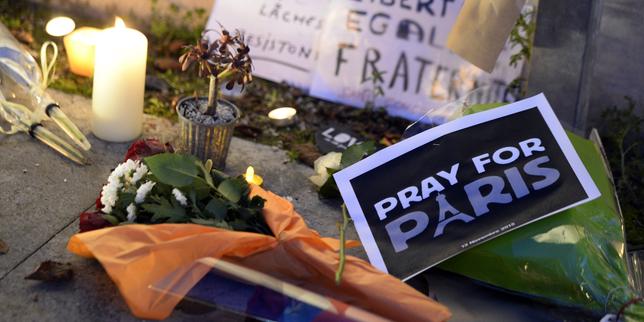Understanding the Ideological Motivations and Lingering Debate on 'Islamism' a Decade After the November 13 Attacks
A decade after the November 13 attacks, France grapples with understanding the Islamic State's ideological motives and the sensitive debate over using the term 'islamism'.
- • The Islamic State targeted France on November 13, 2015, due to ideological and geopolitical reasons, resulting in 130 deaths.
- • The terror group sought to establish an Islamic caliphate through violence and expressed deep hatred for France.
- • Public discourse in France remains reluctant to use the term 'islamism' to describe the attackers' ideology, fearing stigmatization of Muslims.
- • Critics argue that not naming 'islamism' hinders understanding and risks conflating peaceful Muslims with terrorists.
Key details
On November 13, 2015, Paris suffered a devastating series of terrorist attacks that resulted in 130 deaths, as the Islamic State (EI) claimed responsibility. The EI's core ideological aim was to violently establish an Islamic caliphate, expressing deep hatred for the West and France, calling Paris the "capital of abominations and perversion" according to their propaganda magazine "Dabiq" (ID 141424). This animosity was fueled by both ideological convictions and geopolitical factors related to the group's activities in the Middle East.
Ten years on, the public discourse in France remains sensitive regarding the terminology used to describe the ideological motivations behind such attacks. Despite the clear religious extremism guiding the attackers, there is reluctance among French society and media to use the term "islamism," fearing it may stigmatize the broader Muslim population, which largely practices its faith peacefully and within republican laws (ID 141604).
Riss, the director of Charlie Hebdo and a survivor of the attacks, highlighted ongoing difficulties in naming the threat's ideological roots, with commemorations often avoiding explicit mentions of islamism. Critics like François Ruffin have condemned this silence as potentially misleading or racializing politics. Prominent Muslim-origin writers argue that avoiding precise language exacerbates misunderstandings, echoing Albert Camus's warning that "Misnaming things adds to the world's misery."
Meanwhile, public opinion increasingly links the attacks to cultural and religious tensions, as well as immigration factors, demonstrating the complex layers that underpin the national conversation on terrorism and identity in France.
These discussions reveal that, even after a decade, the ideological motivations of the November 13 attackers and how France addresses them remain deeply intertwined with societal challenges and sensitivities.
This article was translated and synthesized from French sources, providing English-speaking readers with local perspectives.
Source articles (2)
Source comparison
Latest news
Severe Flooding Continues Across Southwest France Amid Ongoing Emergency Measures
Rise in Extreme Right-Wing Political Violence Shakes France Since 2022
2026 French Municipal Elections and Local Debates Reveal National Political Stakes
France Finalizes Lineup and Prepares Strategically for Crucial Six Nations Clash with Italy
France Declares End of Contagious Nodular Dermatitis Crisis in Cattle with Lifting of Restrictions
Political Tensions and Far-Right Mobilization Grow Following Quentin Deranque’s Death
The top news stories in France
Delivered straight to your inbox each morning.


